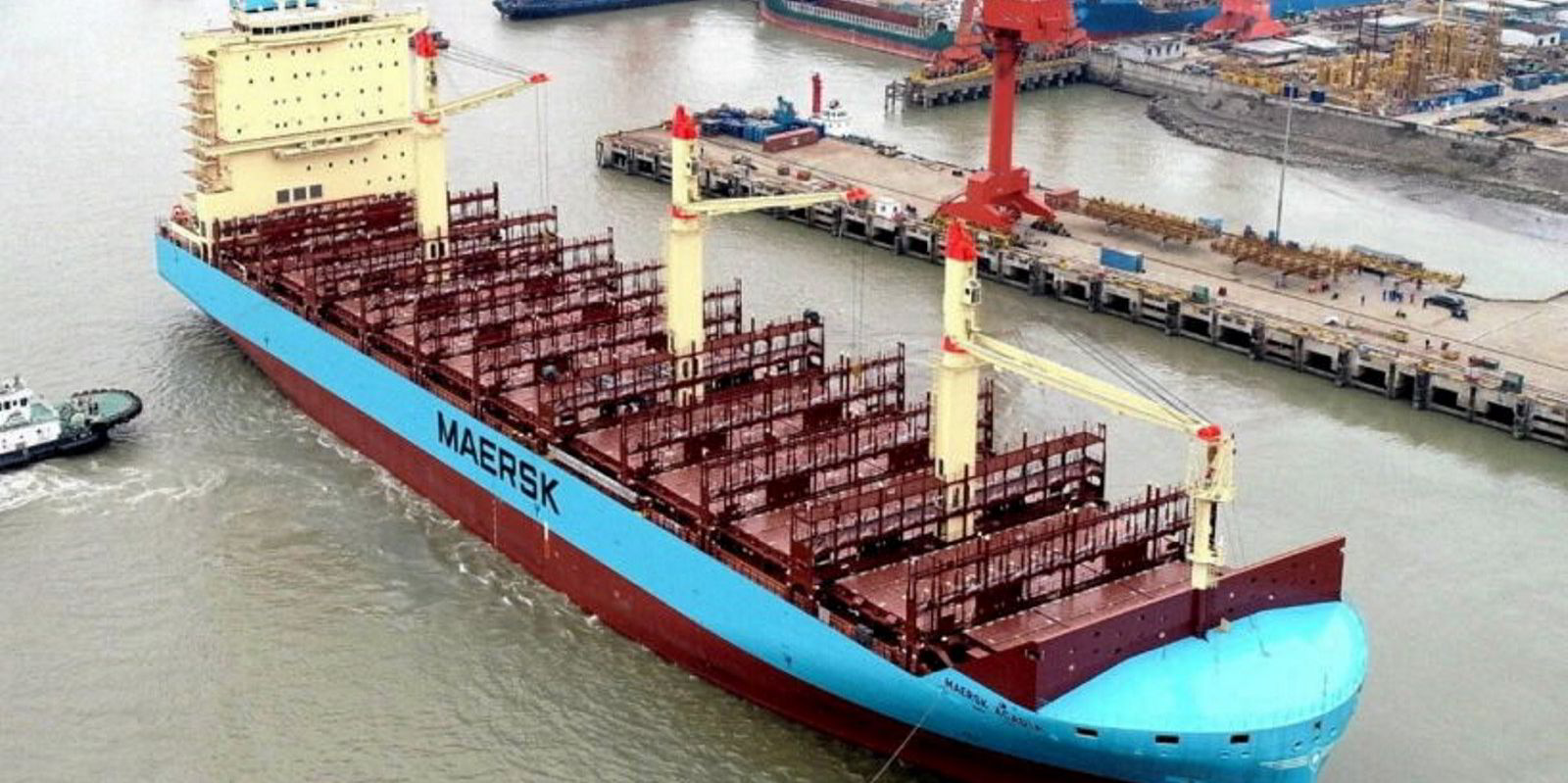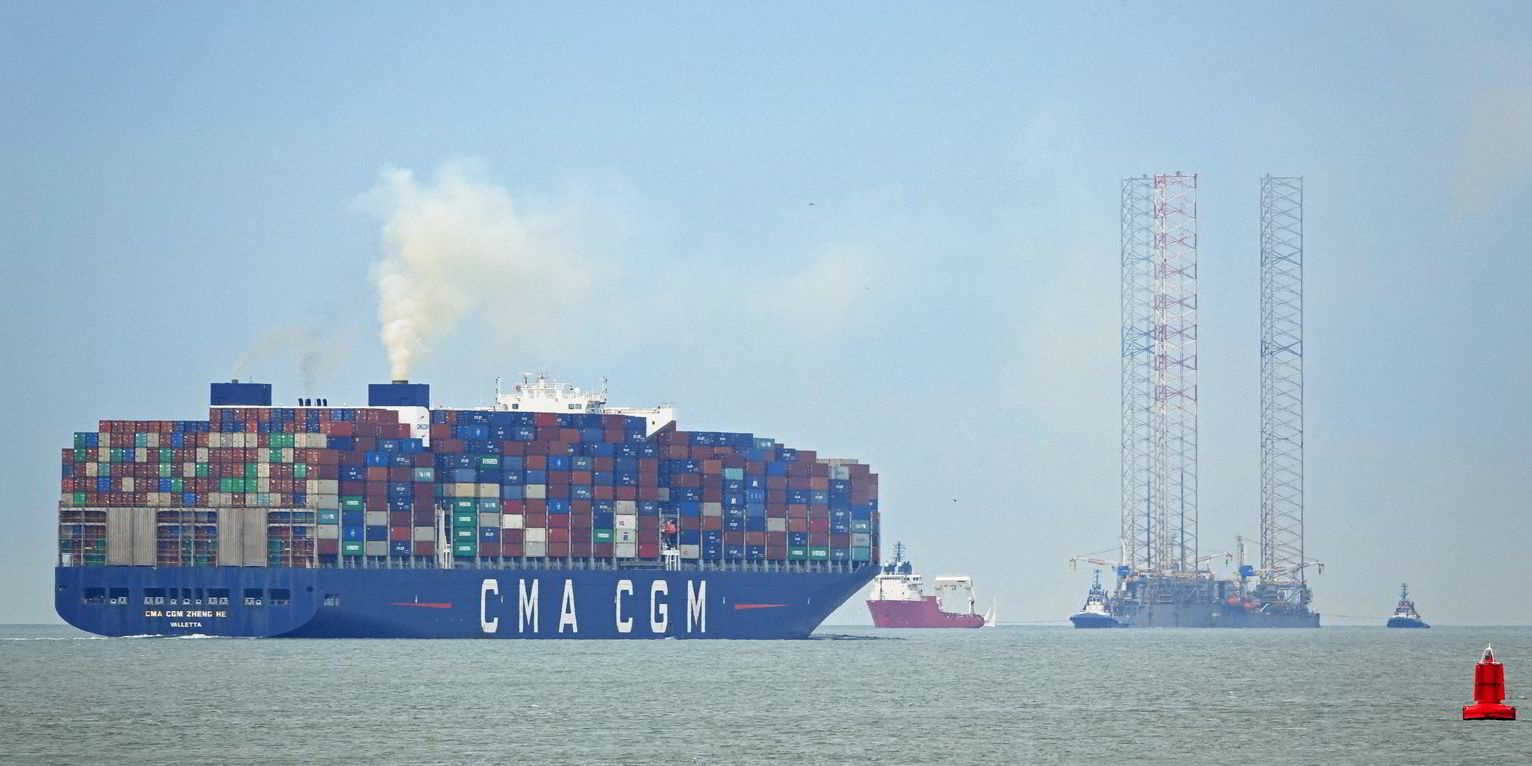Speculation that shareholders of Maersk Broker are looking to sell the company to its UK rival Clarksons has reverberated around the container shipping market.
The two shipbrokers form two-thirds of a panel that handles business for AP Moller-Maersk, the world’s second-largest liner operator.
Now the possibility that the Maersk family might be looking to sell their privately owned brokerage has sparked talk of a shake-up in container chartering.
Shipbroking for Maersk was largely the preserve of the Danish broker until 2011 when the panel was opened up to Clarksons and its UK rival Howe Robinson.
The legacy business meant the spoils were not equally split between the three brokerages, with Maersk Broker still perceived to get the lion’s share.
Yet any fresh tie-up with Clarksons is likely to mean even more commissions are to be funnelled into a combined broking entity — or else an opportunity for a rival to muscle in on the panel.
One source said the panel “didn’t prevent some small brokers from doing business with Maersk. There was also some flexibility”.
Shrinking market
Any doubling of size in a combined container broking desk would occur when the charter market has shrunk dramatically.
In the past two years, liner operators led by MSC Mediterranean Shipping Company have purchased hundreds of vessels that were once destined for the charter market.
While container freight rates have been in freefall for a year, drops in charter markets and asset values have only been recently gathering pace. The Howe Robinson Containership Index was down 3% in the week to 19 July — its largest drop of the year.
“The container broking world has contracted,” a source said. “It’s a much tighter space.”
Some in container shipping speculate that the shrinking market may have led Maersk Broker to focus more on the dry sector in recent years.
“I’m not sure a doubling of size is helpful in a falling market,” one source said. “But Clarksons will be viewing this as a wider add-on across other markets rather than containers.”

Another suggested there was plenty of business to come from lines that have been quiet this year.
That included Maersk itself, although the source said the volume of business that the line has generated “has fallen off a cliff in [the] past 18 months”.
Overload
Most boxship charter activity this year has been taken up by big liner names, largely MSC and CMA CGM.
Maersk re-entered the market in the past week, taking a number of smaller ships such as the 1,800-teu Helgoland (built 2023).
But the carrier’s re-entry into the charter market has failed to stem the fall in charter rates, which are low and would prove challenging for any combined desk.
“There’s a question of overload,” one container source said. “There would need to be some spillage [of brokers] from that kind of arrangement, because the market is not big enough, particularly where the market activity is.”
Maersk Broker’s management, which was contacted, was not likely to push for the sale, another source said. That has likely come from its owners, the Maersk family, which no longer sees the business as strategic, he said.
Maersk Broker is chaired by Kristian V Morch and has a management team of five headed by chief executive Anders Hald.





